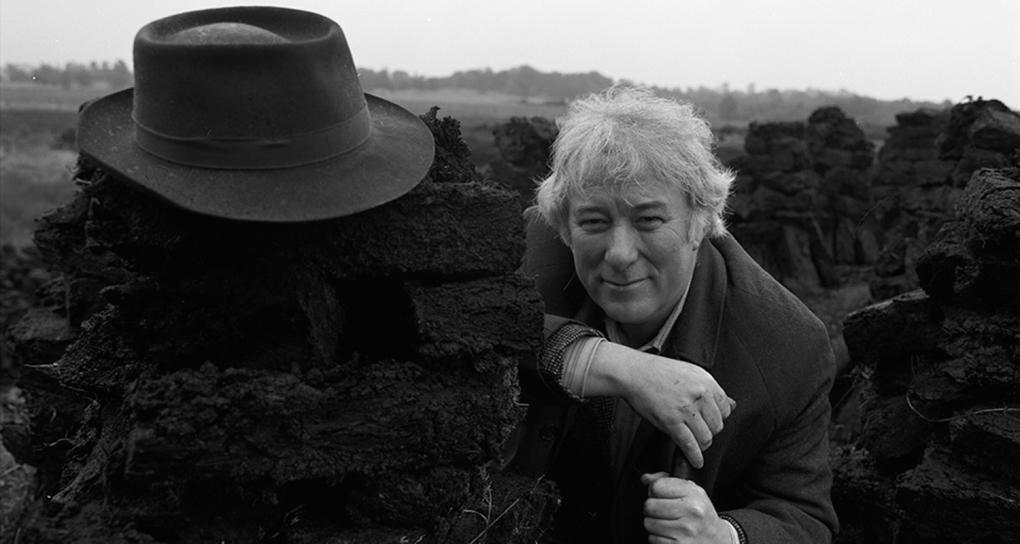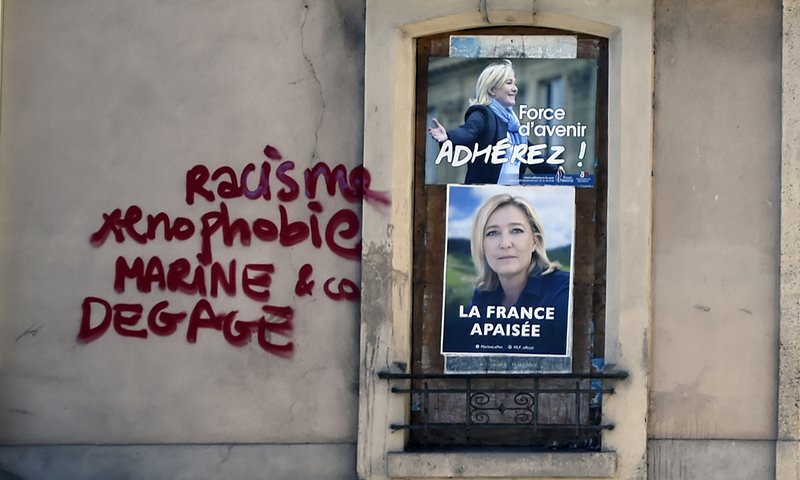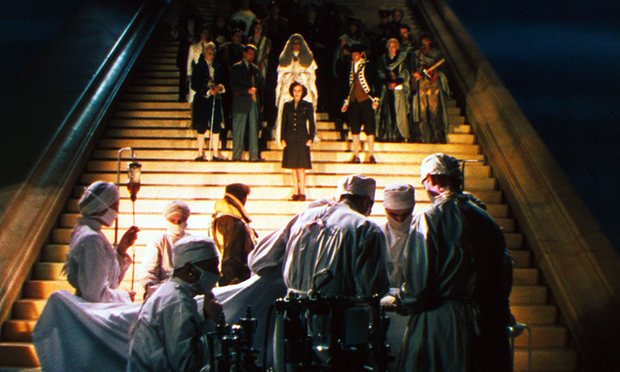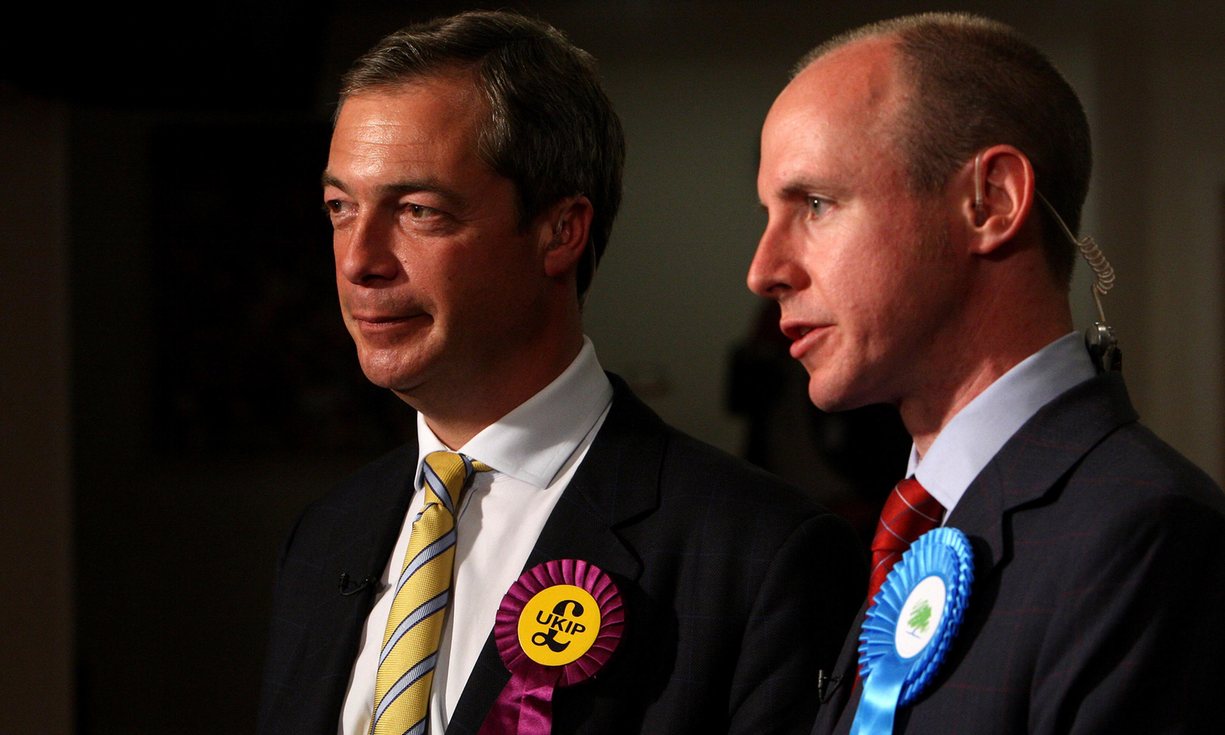
For The Guardian, Jessie Greengrass explores depictions of pregnancy in literature.
A few years ago, I spent a couple of weeks in the Wellcome Library, reading. At the time, I wanted both to write a novel and to have a baby and it didn’t occur to me that any connection might be found between the two. As far as the novel went, I knew that I wanted to write about subjectivity and I was interested in medical history – John Hunter, Freud, the early history of the x-ray – but I lacked a device to tie these thoughts together. It took me a surprisingly long time to come up with the idea of a pregnant narrator and when at last the possibility occurred to me, I dismissed it. To write about pregnancy – to try to articulate the desire for it, its uncomfortable realities, its disorientating aftermath – felt transgressive, although at the time I didn’t understand why.
Later, having found the baby easier to realise than the novel, I returned to the idea. In a haze of postnatal exhaustion it seemed easier to contemplate, somehow; I existed in a bubble, and lacked the mental resources to imagine far beyond its boundaries, and so I didn’t try. Instead, at odd hours of the night, I mulled over pregnancy in literature, only to find that my overwhelming impression was of something out of shot, a business of hot water and towels despatched elsewhere while in the centre of things a man paces a carpet. Think of Madame Bovary, whose labour is not only comically abrupt, but confirmed by her husband, as though she had somehow been absent herself:
She was confined on a Sunday at about six o’clock, as the sun was rising.
“It is a girl!” said Charles.
Although a fundamentally female experience, pregnancy exists in literature, when it does so at all, as a male problem. Sometimes it is a problem of trust, as with Hermione, heavy in her prison cell in Shakespeare’s The Winter’s Tale. Or it is a problem because it doesn’t happen at all: a wife without a child (where a child without a mother is opportunity, a Victorian stalwart of a plot).
Or, conversely, pregnancy is an impediment, freedom’s curtailment – Newland Archer in Edith Wharton’s The Age of Innocence, whose fantasies of escape are finally ended by his wife’s announcement of her pregnancy. From the outside, pregnancy might appear a gift: in A Farewell to Arms, Catherine’s pregnancy allows her lover access to an illusion of peace (before her death and that of the child shatters it). But we rarely make it so far. It is taken for granted that birth is attendant on marriage, and so stories stop at the altar. Nothing interesting can come of us afterwards, unless it is as a coda to another’s story: Jane Eyre persists so far as the birth of her first son, only so we might be reassured by the detail that Edward Rochester’s eyesight has returned.
Lately, it is true, there have been a few books on pregnancy: Rachel Cusk, Maggie Nelson, Rivka Galchen. The latter’s Little Labours deals with the transition to motherhood through a series of discrete fragments, adding up to a picture of a time that is disjointed. These are memoirs, though, and memoir is the preserve of the extraordinary, of experiences outside our own. This, I think, is the crux of it: we regard women’s bodies as absolutely strange. They are the mysterious other, going about their peculiar processes. What could we possibly learn from something so alien?
It was only very recently that I read The Argonauts, Nelson’s account of her pregnancy, and afterwards – when it was too late, because my own book was already being printed – I wondered if perhaps she had said all there was to be said. Her work is extraordinary; but still – my second thought – is there really only space for one pregnant body in all of literature? What Nelson does (and I had wanted to find a way to do) is to use pregnancy as a device to examine other things – in her case, queer family-building, embodiment, love. This is what literature offers us: the chance to take the specificities of a particular experience and to use them to articulate that which is universal. I have learned almost all I know about the world, about myself, from books, and it has been a joy, a work of love; but the consequence is that I have learned it from men. Desire, failure, fear, ambition – all have been housed in male bodies. Insofar as I have differed from this standard, I have felt myself to be somewhere between uninteresting and unspeakable.
(…)






